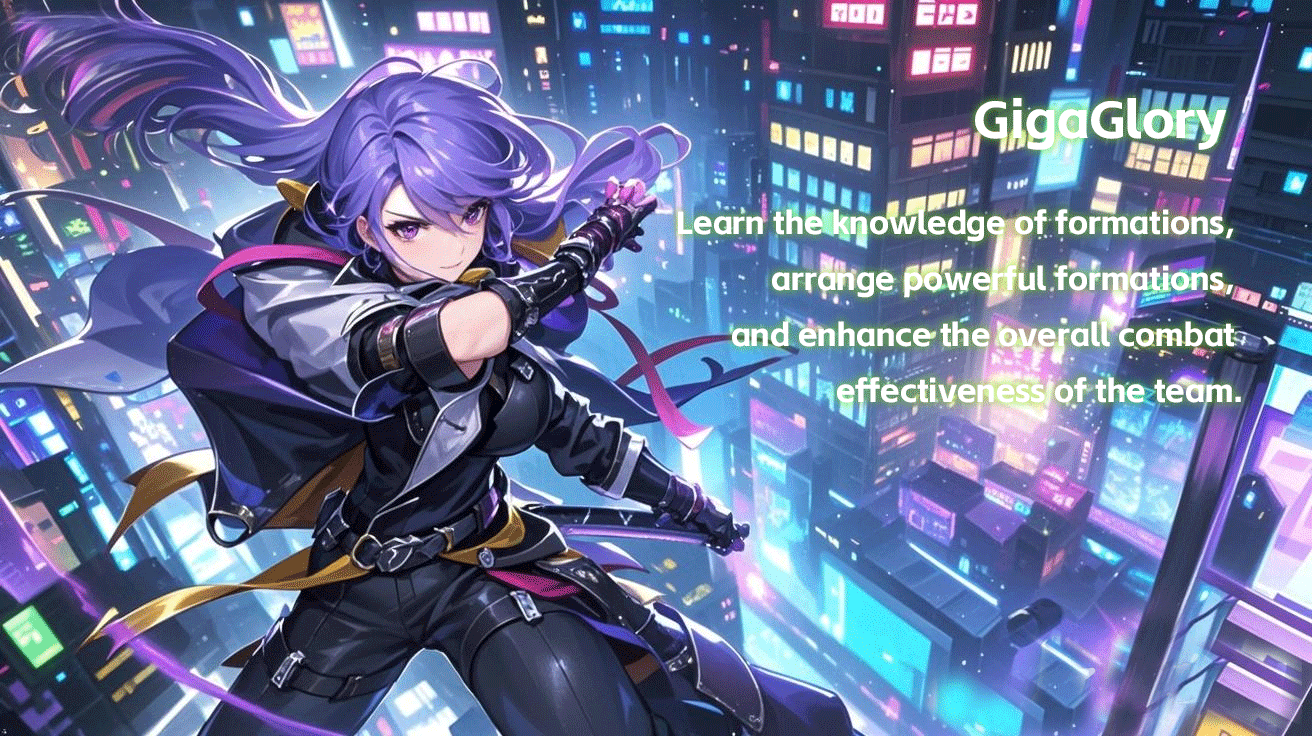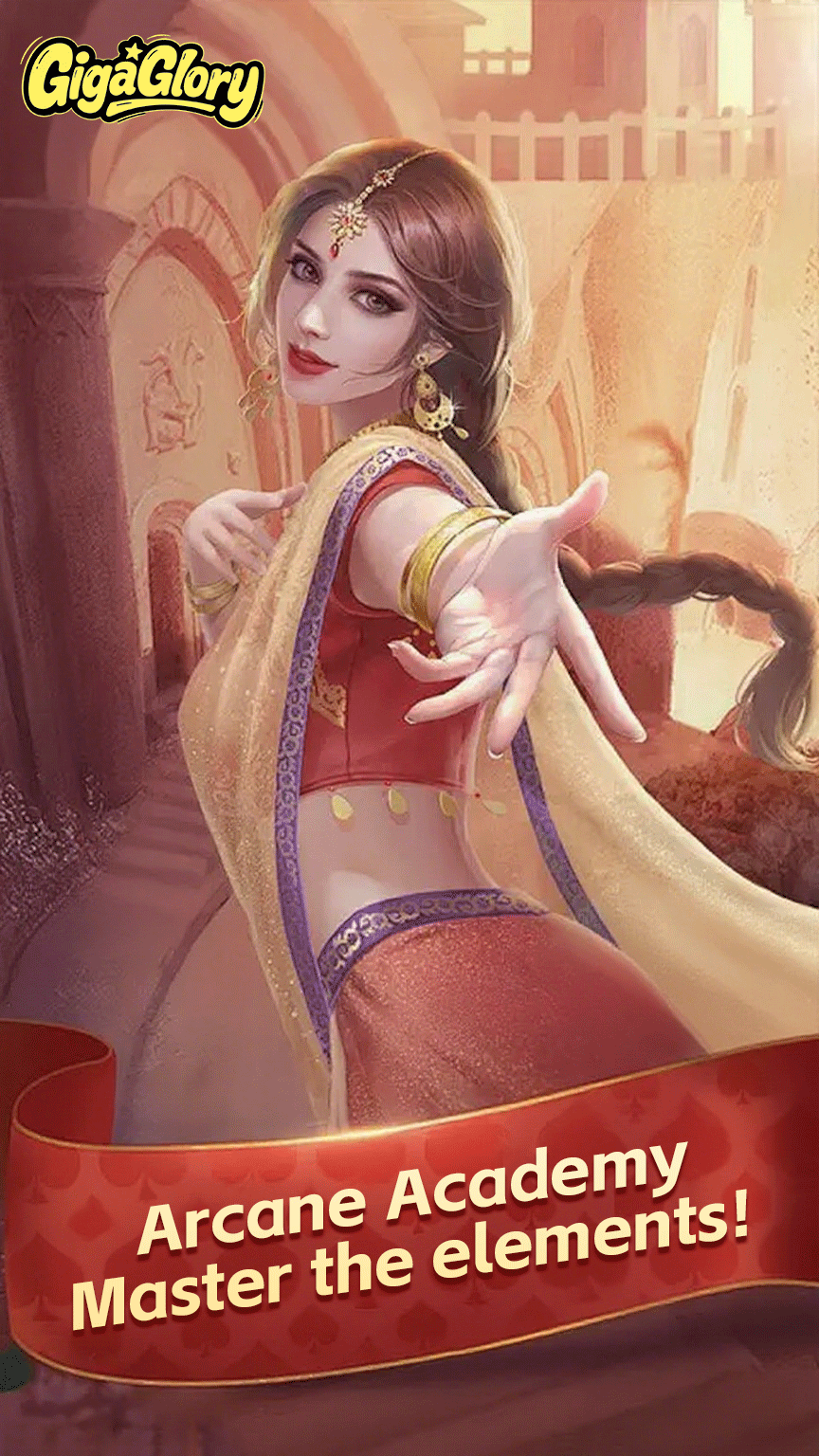Exploring the Rise of Indie MMORPGs: A New Era for Multiplayer Gaming
In recent years, the gaming landscape has witnessed a transformation that has many players excited. The rise of indie MMORPGs marks a new chapter in multiplayer gaming, pushing boundaries and offering fresh experiences. Whether you're an experienced gamer or just dipping your toes into this evolving genre, understanding this trend is essential. Let's delve into the world of indie games and see how they're changing the face of MMORPGs.
What Are Indie MMORPGs?
Indie MMORPGs are massively multiplayer online role-playing games developed by independent creators rather than large game studios. These games often offer unique stories, innovative gameplay mechanics, and a chance for players to interact in vibrant, expansive worlds. In contrast to traditional MMORPGs backed by major publishers, indie titles thrive on creativity and community engagement.
The Evolution of MMORPGs
From their inception in the late 90s with games like Ultima Online and EverQuest, MMORPGs have evolved significantly. The early 2000s saw the rise of mainstream titles like World of Warcraft, which set the standard for gameplay, graphics, and community interaction. However, the industry began to change when indie developers started to break ground with alternative designs and storytelling approaches.
Why Are Indie MMORPGs Gaining Popularity?
- Creativity and Innovation: Indie developers often have the freedom to explore unconventional ideas, leading to unique gaming experiences.
- Community-Centric Design: Indie games frequently prioritize community feedback, allowing for agile updates and player-oriented development.
- Affordability: Many indie MMORPGs have lower price points, making them accessible for a broader audience.
Key Characteristics of Indie MMORPGs
While each indie MMORPG is unique, several characteristics commonly define the genre:
- Unique Storylines: Indie developers often delve deep into storytelling, creating rich narratives that diverge from mainstream plots.
- Artistic Freedom: The art styles in indie MMORPGs can range from pixel art to detailed 3D graphics, allowing for significant diversity.
- Dynamic Gameplay: Players can often expect novel gameplay mechanics, including unique skill systems and interactive environments.
Popular Indie MMORPGs Worth Exploring
| Game Title | Release Date | Key Features |
|---|---|---|
| Temtem | 2020 | Creature collection, massively multiplayer online elements |
| Albion Online | 2017 | Player-driven economy, class flexibility |
| Project Gorgon | 2018 | Skill-based system, vast character customization |
| Core Keeper | 2022 | Survival elements, crafting and exploration |
The Appeal of Story Modes in Indie MMORPGs
Many indie MMORPGs have embraced **story modes**, allowing players to engage with narratives that can rival traditional single-player games. These story modes often include rich lore, character development, and interactive choices that affect gameplay outcomes. It's a refreshing choice for players who desire deeper immersion.
Expanding the MMORPG Audience
One notable benefit of indie MMORPGs is their ability to appeal to a broader audience, including casual gamers. These games often lower the entry barrier, welcoming a diverse range of players. This shift can be attributed to the rise of mobile gaming and the growing acceptance of indie titles in the gaming community.
Gaming from Dusk Till Dawn: An Insight into Game Mechanics
One fascinating mechanic that has emerged in some indie MMORPGs is the “real-time” gameplay feature. Players can participate in day-night cycles that significantly impact game mechanics such as:
- Resource availability: Some resources might only be obtainable during specific times.
- Monster behavior: Different enemies may emerge depending on the time of day, adding strategic depth.
- Player interactions: Events might occur during certain nights, encouraging community collaboration.
The Impact of Community Feedback
Indie developers are often more in tune with their communities compared to larger studios. The feedback loop is shorter, allowing them to implement changes quickly based on player suggestions. This has led to many indie MMORPGs becoming more refined and enjoyable over time, creating a sense of ownership and belonging among their players.
The Future of Indie MMORPGs
As technology advances, so do the opportunities for indie developers. With platforms like Steam and crowdfunding sites, the entry barriers for producing MMORPGs have decreased. Future indie titles will likely focus on:
- Virtual Reality Integration: Expect to see more VR MMORPGs as the technology matures.
- Cross-Platform Play: Making games accessible across various devices could enhance player engagement.
- Enhanced Social Features: Integrating more social elements to facilitate better player interaction.
Conclusion: A Bright Future for Indie MMORPGs
The surge of indie MMORPGs is not just a passing trend; it signals a fundamental change in how we experience multiplayer gaming. With their focus on community, creativity, and diverse gameplay mechanics, these games are reshaping expectations and broadening the audience. As we look to the future, it's clear that indie MMORPGs promise an exciting era of gaming that celebrates innovation and player engagement.
In conclusion, the gaming landscape is steadily evolving, and indie MMORPGs play a pivotal role in this transformation. They remind us that sometimes, the most incredible experiences come from the passion of independent creators. So, dive into these vibrant worlds, and who knows—there might be a potato chips game waiting just for you!



